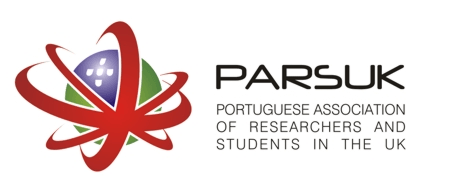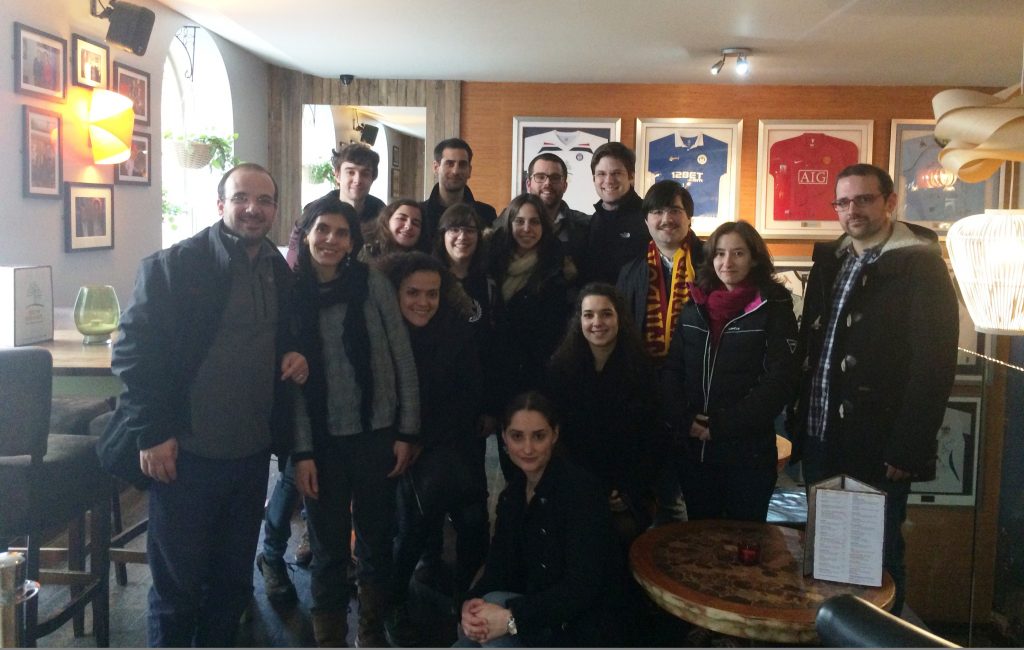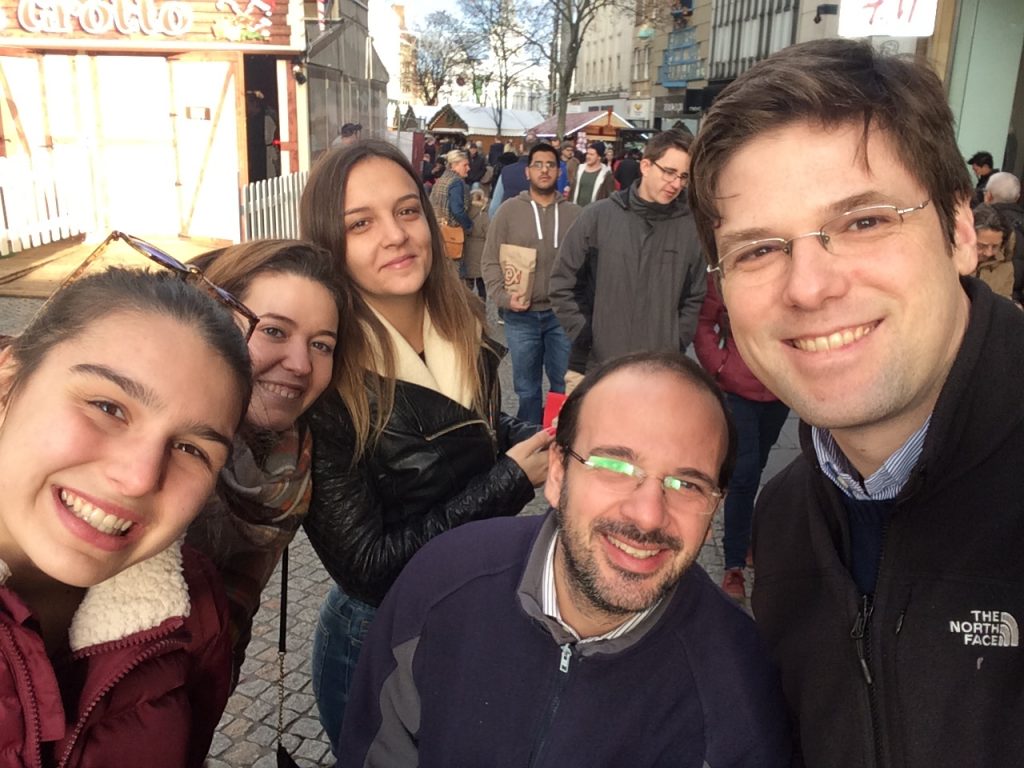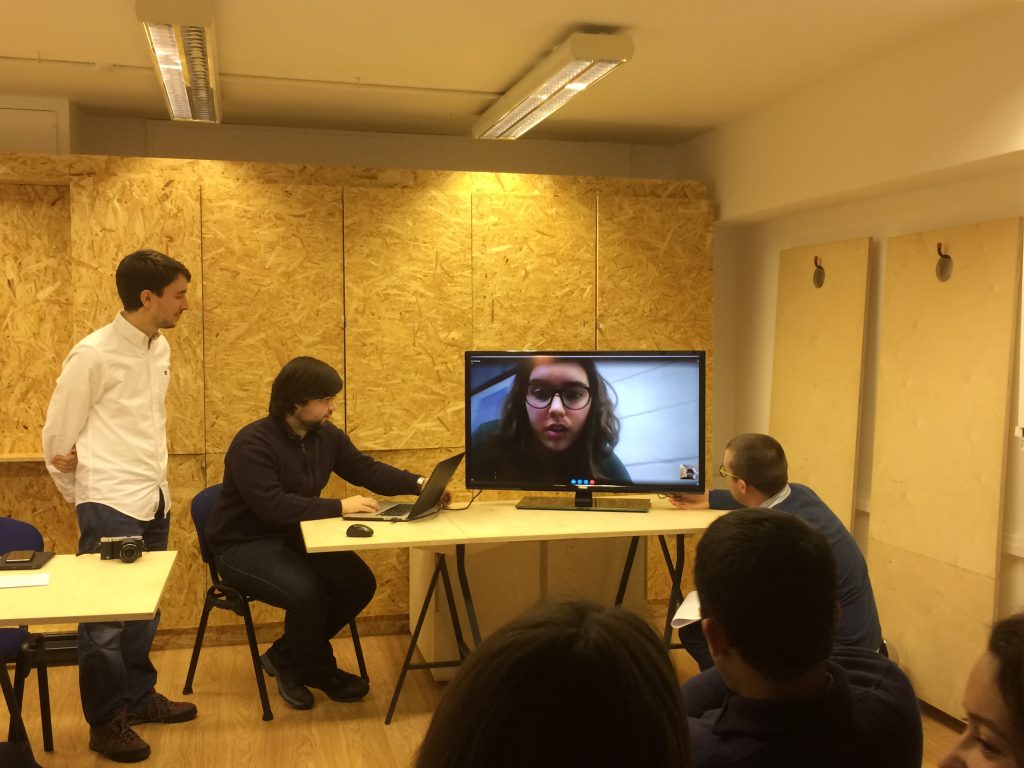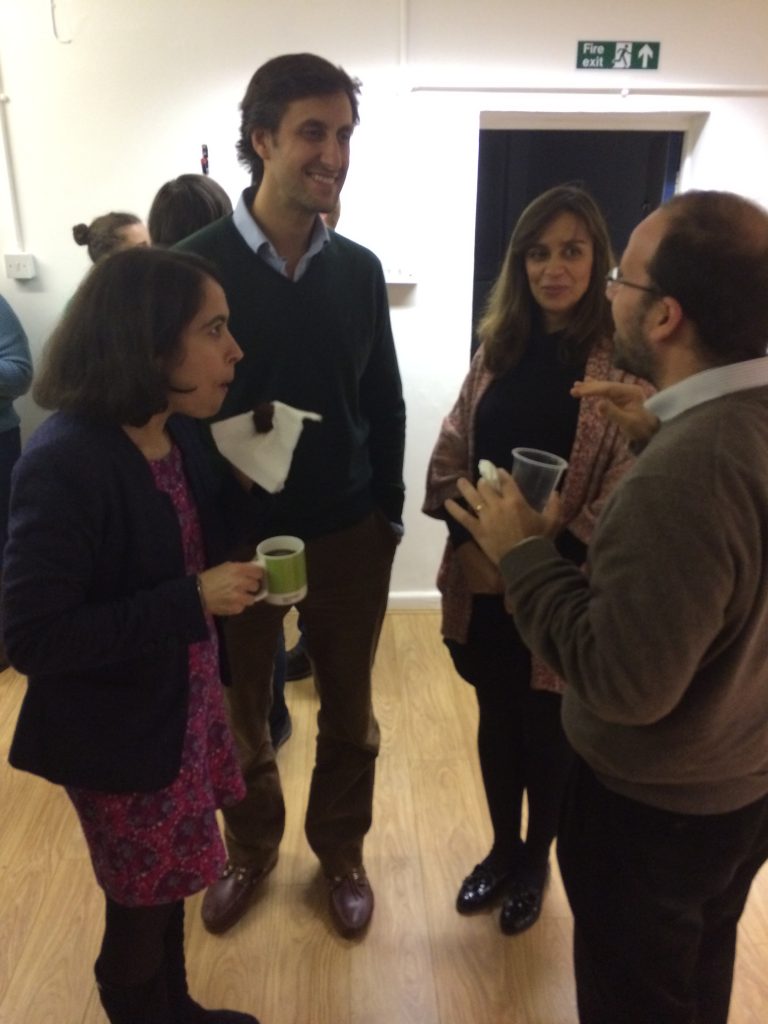Great summary of the Portuguese language symposium I am organizing, written by journalist Bruno Manteigas for Lusa Press Agency. Provides nice overview of the objectives, and has a few lines on my background and why I believe in bilingualism and heritage language education.
RTP Website
Simpósio em universidade britânica de Lancaster discute futuro da língua portuguesa
Londres, 01 abr (Lusa) – Um painel de especialistas incluindo o secretário de Estado da Educação, João Costa, vai discutir o futuro do Português na Europa enquanto lingua de herança num simpósio na universidade britânica de Lancaster a 08 de abril.
O simpósio pretende abordar a situação sobretudo nos dois principais países de destino da emigração portuguesa, Reino Unido e França, e analisar o panorama atual do ensino do português nas escolas e universidades nestes dois países, tendências e desafios.
O simpósio “Futuro Português – O futuro da língua portuguesa na Europa” terá como oradores, entre outros, a cofundadora e diretora do projeto Native Scientist, a Coordenadora do Ensino de Português no Reino Unido, Regina Duarte, e a homóloga em França, Adelaide Cristovão, a jornalista Sara Belo Luís, e a leitora de Português na Universidade de Leeds Sofia Martinho.
“A ideia é reunir pessoas com interesse no futuro do português como língua de herança. O Observatório da Emigração estima que vivem atualmente no estrangeiro mais de 2,3 milhões de portugueses, que têm filhos e filhas. A questão perene é: será que este filhos vão falar português?”, disse o organizador da inciativa, Patrick Rebuschat, professor na Universidade de Lancaster.
O uso da língua materna em casa “muitas vezes é limitado” e diferente do que se ensina em Portugal, nomeadamente História e Geografia, pelo que várias gerações de lusodescendentes têm beneficiado da rede de ensino no estrangeiro financiada pelo Estado português.
“Eu beneficiei disso. Eu falo português, leio e escrevo porque eu sou um produto dessa rede de ensino. Eu nasci na Alemanha e cresci bilingue português-alemão porque na cidade onde eu vivia, em Wolfsburg, existe uma grade comunidade portuguesa. A partir dos seis anos entrei na escola alemã e também à tarde, duas vezes por semana, quatro horas ao todo, [tive aulas de português]”, descreveu o académico, que é filho de pai alemão e mãe portuguesa.
Rebuschat conta que continuou até aos 17 anos, mas, do grupo incial, só permaneciam ele, o irmão e outra rapariga.
“Gostava de perceber qual é a motivação e atitude dos pais e alunos em relação ao português”, afirmou este especialista em bilinguismo e aprendizagem de línguas, que pretende aprofundar esta via de investigação.
No seu caso pessoal, Patrick Rebuschat mudou-se para Portugal ainda adolescente para completar os estudos secundários e depois a licenciatura, o que fez sem dificuldades de adaptação à língua e ao sistema nacional.
Posteriormente, fez carreira como linguista no Reino Unido, Alemanha e EUA.
“O português como língua de herança é uma rede importante não só para os filhos dos emigrantes, para crescerem bilingues e terem uma ligação a Portugal, como para o país, porque [os lusodescendentes] são vastíssimo recurso humano a viver no estrangeiro”, vincou.
O impacto do Brexit será também um tema de debate no evento, onde serão apresentados dois casos exemplares de promoção da língua portuguesa no Reino Unido, a Native Scientist, que faz divulgação de ciência junto de crianças de origem portuguesa, e a Anglo-Portuguese School, uma escola bilingue em Londres que prevê iniciar o funcionamento em Londres no próximo ano letivo.
BM//PJA


